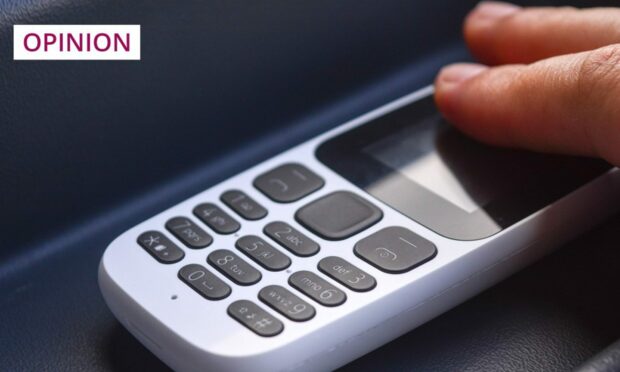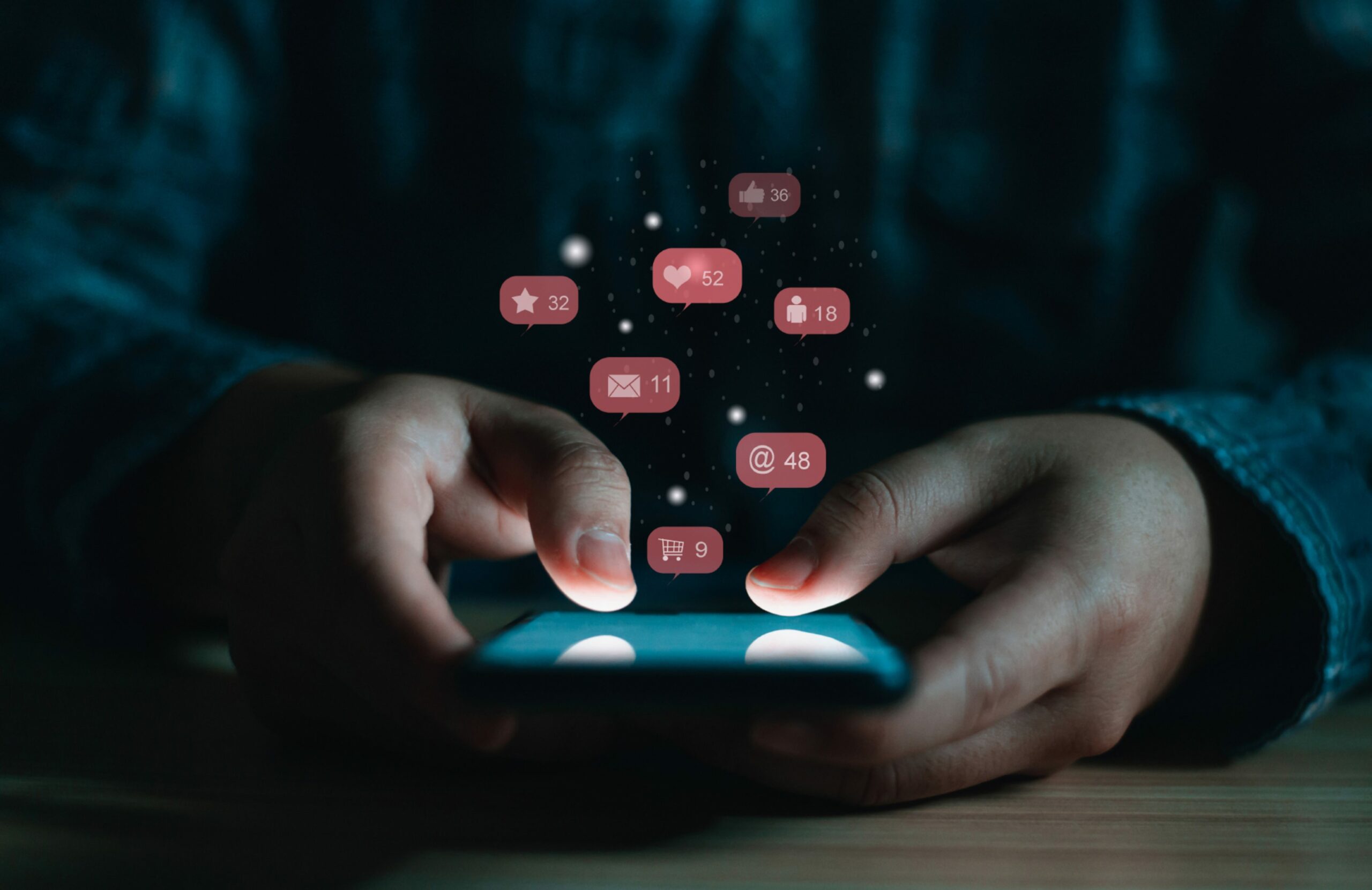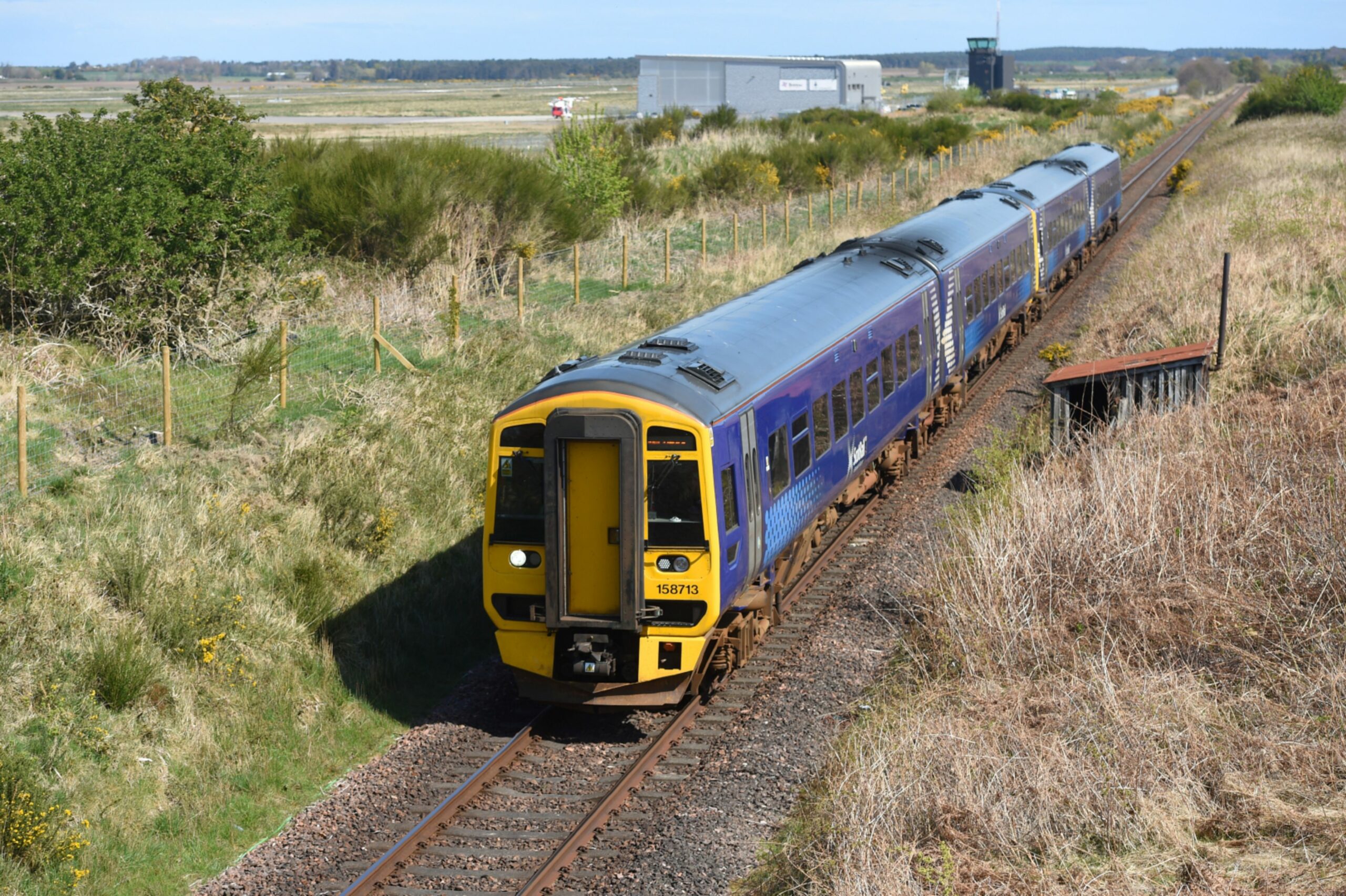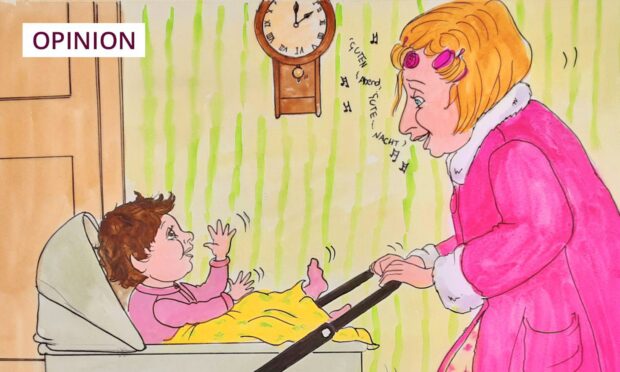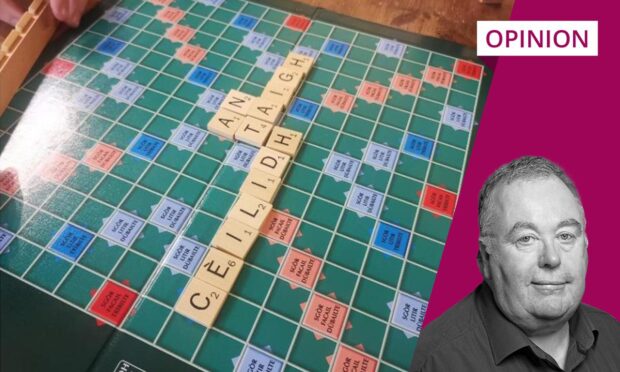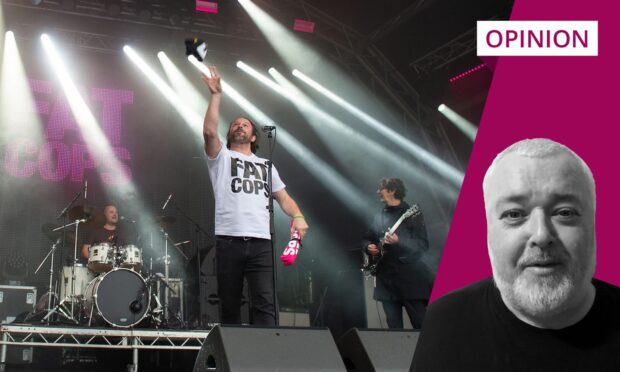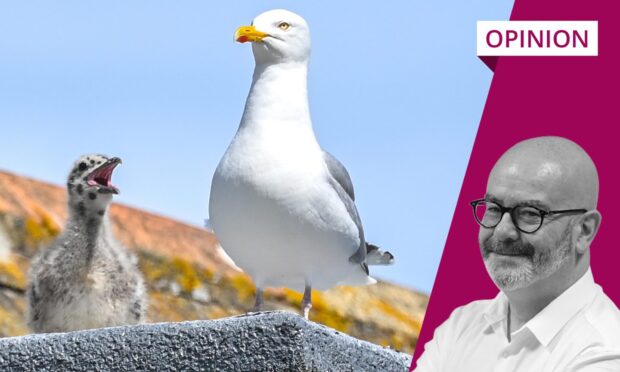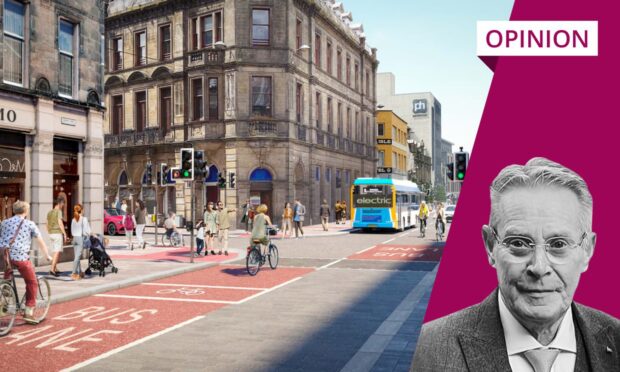As something of a social media monster, with a high level of online connectivity both at home and at work, I’m certainly no Luddite. But I am, nonetheless, living much of my life in a previous technological era.
If you see my photos online, they’ve likely been taken with a 2014 compact camera. Each photo has been downloaded to a laptop via – gasp – a cable, manually compressed, and saved into a folder.
If you see me in the hills, I’ve found my way up them with a crumpled paper map. Should a navigation emergency ever arise, I have a small, lightweight Garmin Geko GPS unit, circa 2003, which pinpoints my Ordnance Survey coordinates.
My phone, a Nokia 105, has a “flashlight”, a calculator, Snake, and that’s pretty much it. I occasionally text people on it but, save for emergencies, it now functions solely as my alarm clock in the morning, and my torch for my nightly visit to the loo!
In my car, I don’t have satnav or bluetooth. Music comes from 5,000 songs on my 2009-era iPod, which connects to the car via… yep… another cable.
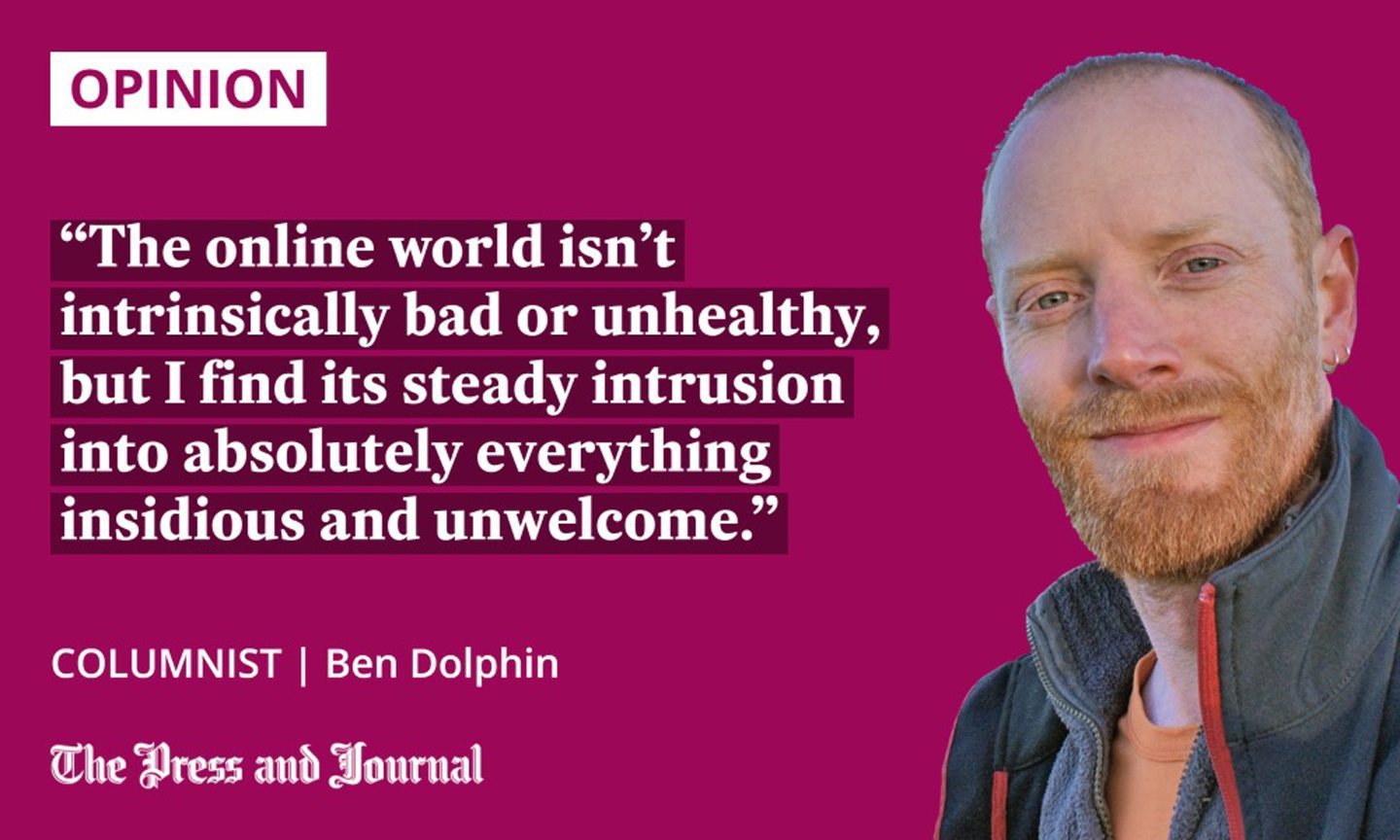
If I’m honest, part of me relishes the non-conformity. Part of me is also naturally cynical about “new” always being “better”. But, mostly, my reluctance to “adopt” comes from being a make-do person.
If something works now, I don’t really care if something better or faster comes along. I’ll keep using whatever I’ve got until it breaks. Or, often, even after it breaks.
I’m typing this on a 13-year-old MacBook. It has no battery life left, and has an eccentric tendency to switch itself off at random. But it’s a joy to type on!
I like technology – but not being online all the time
So, it’s not that I don’t like technology. I do. I just seem to prefer the technology of yesterday. But even yesterday moves forward one day at a time and, as certain tech items become unsupported and obsolete, I’m dragged into the future whether I like it or not.
However, I draw the line at smartphones. Not because I wouldn’t find them useful. Out and about, it would clearly be helpful to be able to check satellites for approaching rain, or check real-time bus arrival times, or Google traffic conditions. But, for me, the negatives still massively outweigh the positives.
On trains, I’d be brainlessly browsing rather than watching the real world through the window. In doctors’ waiting rooms, I’d be scrolling on Twitter or, more likely, moaning on Twitter about waiting rooms, rather than daydreaming or pondering subjects for my next column.
In the hills, I’d be contriving live snaps from summits rather than losing myself in the moment. Doomscrolling and dopamine.
I know I don’t have the strength to resist
When I’m home, I’m online in some way shape or form ALL the time. Whether it’s social media, weather station data, TV streaming or whatever. I just don’t want any of that when I’m out and about.
I know full well I don’t have the strength of mind to resist the online world when it’s available. When access is involuntary, my only sure-fire safeguard is to not have the internet in my pocket.
I couldn’t park recently because I didn’t have a parking app; I’m not part of the family WhatsApp chat
This does, of course, mean I’m already hitting brick walls: I couldn’t park recently because I didn’t have a parking app; when Covid rules were in place, there were cafes I couldn’t use because food could only be ordered online; I’m not part of the family WhatsApp chat.
Recently, however, I’ve come as close as I ever have to caving in, purely because of an app that identifies birdsong. It’s the first such smartphone “thing” I’ve seen that could genuinely enrich my enjoyment of the outdoors. Of course, I’d rather have that technology as a standalone piece of hardware that I could keep in my pocket, like my camera or GPS.
Smartphones aren’t for me
“But…” I hear you say, “… it’s better to have one standalone piece of hardware in your pocket that performs all those functions, rather than many.” Agreed. And, if said hardware existed without browsers and social media apps, then I’d be in, for sure.
“OK, so why not just uninstall all the intrusive apps you don’t want?” In moments of weakness, or boredom, I would just install them again. It’s not the apps that are the problem, it’s the connection itself.
The online world isn’t intrinsically bad or unhealthy, but I find its steady intrusion into absolutely everything insidious and unwelcome. On average, adults in the UK already spend around five hours per day online. So, no. The best treatment for my addiction, because that’s absolutely what it is, is to simply not expose myself unnecessarily in the first place.
Tempting as the birdsong app might be, it’s still not enough to justify surrendering the last of my offline self. The home can be as switched-on as it likes, but once I’m out the front door, I’m switching off.
Ben Dolphin is an outdoors enthusiast, countryside ranger and former president of Ramblers Scotland
